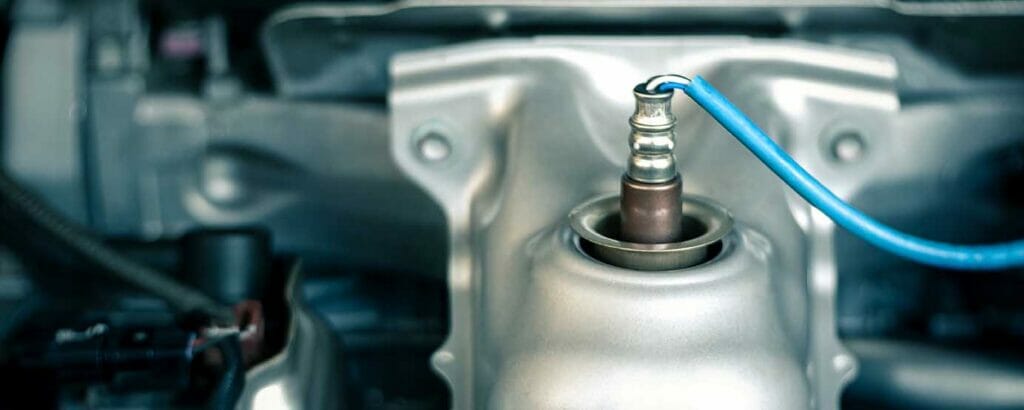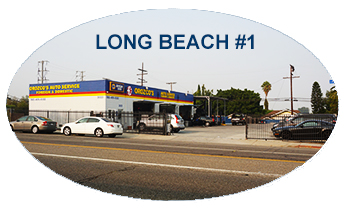
Long Beach Oxygen Sensor Repair
This week on Orozco’s Auto Blog, we’re gonna tell you about one of the most common car repairs: the ubiquitous oxygen sensor.
Your car’s oxygen sensor, or lambda sensor, is an electronic device which measures and reports the proportion of oxygen in your car’s exhaust.
Every new car, and most cars produced since 1980, has an lambda sensor as part of its emissions control system. This sensor is about the size of a spark plug and located in your car’s exhaust pipe. The lambda sensor feeds data to the car’s ECU, and is designed to help your car’s engine run as efficiently as possible, and produce as low of a level of emissions as possible.
A gasoline engine needs oxygen to operate, otherwise the fuel will be unable to combust. There is a certain ratio of air to gasoline that is “perfect”, which is 14.7:1 (this number will differ by different types of fuels or engines). If there is too much gasoline in this mixture, then there will be fuel left over after combustion, and your engine will be running rich. The unburnt fuel will create pollution which is released into the atmosphere. If there is too little gasoline, then there will be excess oxygen after combustion, also known as a lean mixture. A lean mixture tends to produce more nitrogen-oxide pollutants, which can potentially cause poor performance and even damage your engine.
By measuring the amount of oxygen in your exhaust, your lambda sensor is able to detect and report rich or lean mixtures. The engine needs an oxygen sensor to determine how much oxygen is being taken in, which can differ greatly due to the air’s oxygen density, affected by many factors such as the altitude, air temperature, engine temperature, air pressure, and more. When the lambda sensor fails, then the computer is no longer receiving data on the air/fuel ratio, and ends up guessing, leading to a loss in your car’s engine performance and efficiency. A faulty oxygen sensor can cause up to a 40% loss in fuel economy.
Most modern cars have two to four oxygen sensors, any of which can fail and cause a check engine light. There are several reasons why an oxygen sensor may fail, such as gasoline additives or dirty oil clogging them. In new cars, oxygen sensors should last around 100,000 miles, but problems may occur sooner if your car isn’t being maintained correctly.
In addition, in some cases a wire or hose leading to the lambda sensor could be broken or burned out, which makes it even harder to figure out where exactly the problem is coming from.
If left untreated, a faulty oxygen sensor can easily lead to more expensive and extensive problems, such as catalytic convertor failure. It is best to replace your lambda sensor as soon as you notice a problem.
Here at Orozco’s Auto Service in Long Beach, we can diagnose and remedy exactly what is wrong with your oxygen sensor system and keep your car running efficiently. If you are experiencing problems with your vehicle or have questions regarding Your Oxygen Sensor visit Orozco’s Auto Service Orozco’s Auto Service at any of our convenient locations in Long Beach, Bellflower, Garden Grove or Fullerton!
 Auto Repairs Near You – Get & Keep Your Car “Road Ready”
Auto Repairs Near You – Get & Keep Your Car “Road Ready” 









